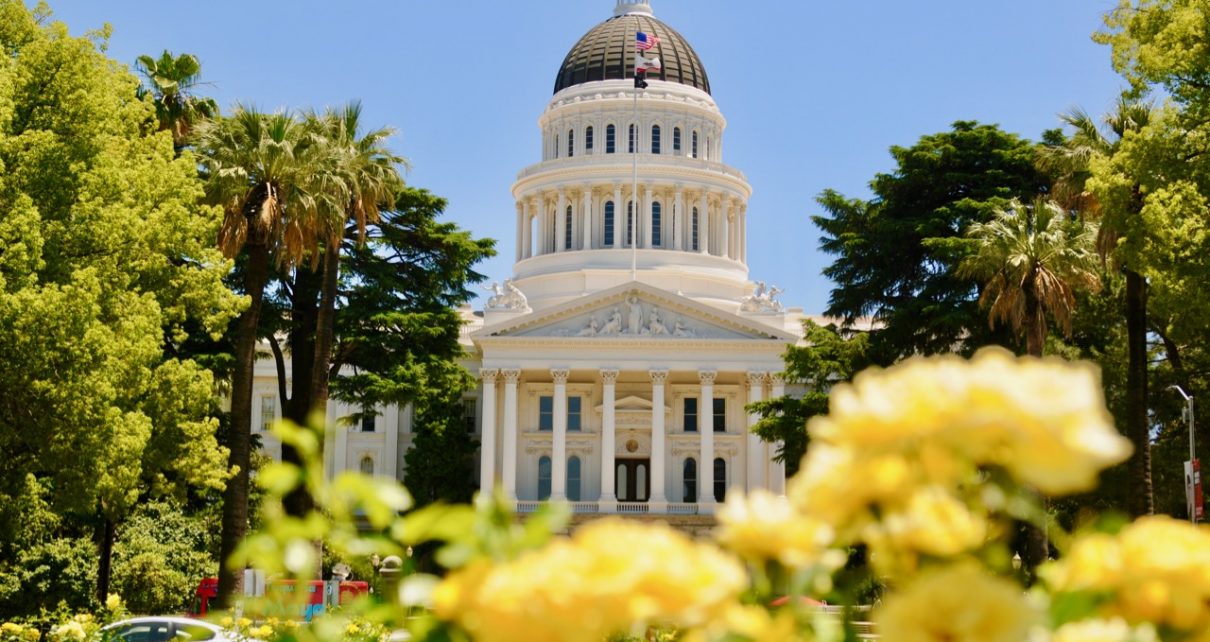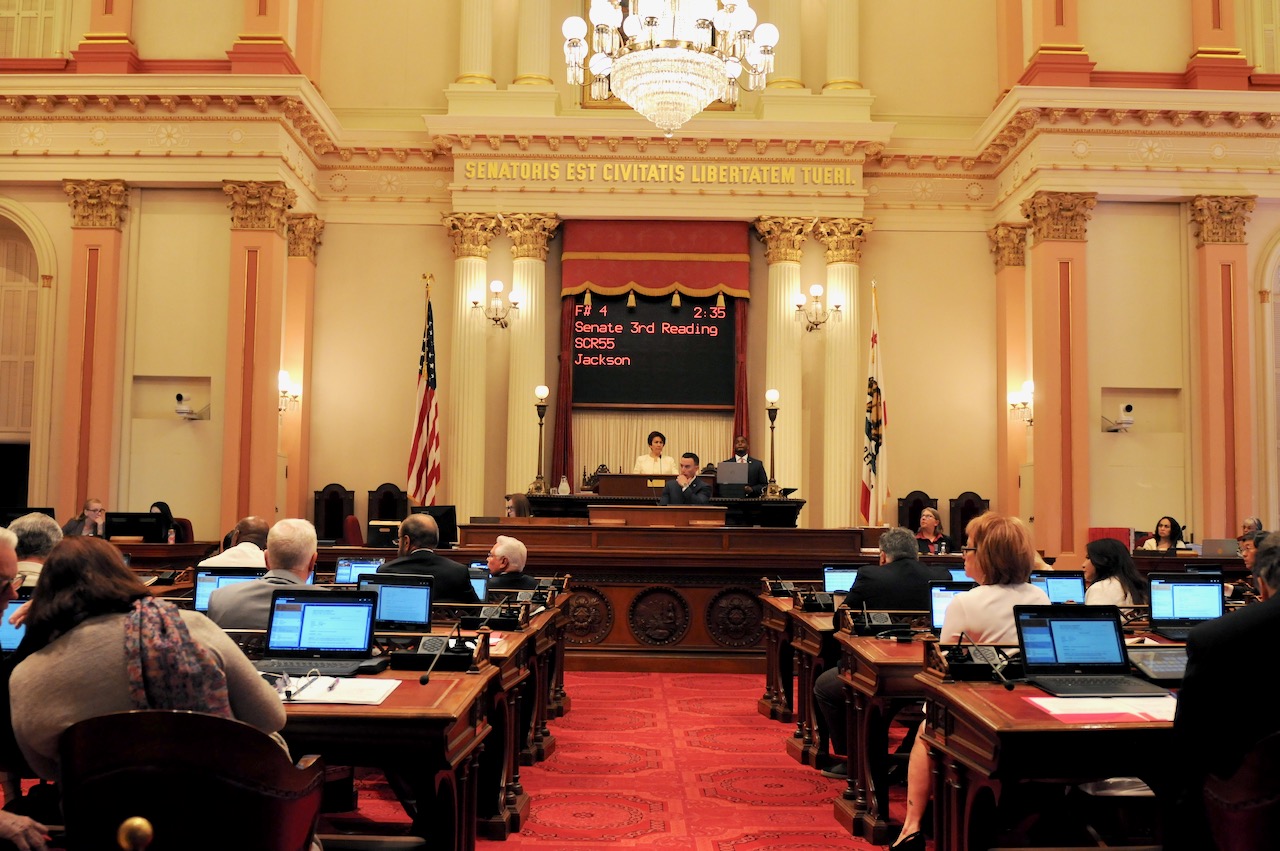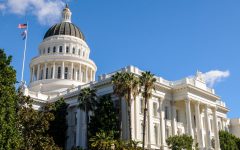
California State Capitol (Photo: Kevin Sanders for California Globe)
Frequently Asked Questions about California’s Legislative Privilege
Why would these elected officials have this privilege?
By Chris Micheli, January 17, 2024 2:45 am
What is a “legislative privilege”? This is a legal doctrine that creates a privilege against giving evidence on official legislative acts.
What is “legislative immunity”? Under a longstanding legal doctrine, legislators are generally immune from civil liability for their official acts.
How does the legislative privilege work? In essence, the “legislative privilege” allows an elected member of a legislature to speak freely in debate, without fear that the legislator will be sued for what he or she says, such as for slander.
What is a “parliamentary privilege”? The term legislative privilege is also referred to as a parliamentary privilege as it originated in European parliaments.
How does legislative immunity work? It basically protects a legislator from a civil lawsuit in cases of either a legislative act or the legislator’s individual motivation for a legislative act.
How does legislative privilege work? Legislative privilege is a privilege for evidence purposes that limits the type of evidence and testimony at a civil trial.
Why would these elected officials have this privilege? This privilege is meant to ensure that verbal or written statements made by legislators as part of the legislative business offers these elected officials the ability to engage in robust debate and consideration of different point of views.
Where does the legislative privilege appear in statute? The legislative privilege is codified in California Civil Code Section 47, a lengthy section of state law.
How have California courts interpreted Civil Code Section 47(b)? The state courts have viewed it as an absolute privilege, which means that officials are immune from civil lawsuits for making certain statements as a part of official proceedings. (Moore v. Conliffe (1994) 7 Cal.4th 634, 638) Specifically, Section 47(b)(1) protects statements made in “proceedings of all legislative bodies, whether state or municipal.” (Scott v. McDonnell Douglas Corp. (1974) 37 Cal.App.3d 277)
Does the legislative privilege apply to non-legislators? Yes. The courts in this state have applied the legislative privilege to official legislative proceedings and have, for example, applied it to a witness’ potentially defamatory testimony before a local government committee concerning a proposed ordinance. (Rizzo, 214 Cal.App.4th at p. 944; Spitler v. Children’s Institute International (1992) 11 Cal.App.4th 432, 440.) The legislative privilege may extend, in appropriate circumstances, to non-legislators. Board of Supervisors v. Superior Court (1995) 32 Cal. App. 4th 1616.
What is the extent of the privilege according to the state courts? Civil Code Section 47(b)(1) provides protection for communications made in connection with “proceedings of all legislative bodies, whether state or municipal.” (Rizzo, 214 Cal.App.4th at p. 944.) The legislative privilege in Subdivision (b)(1) applies to a statement that “bears some connection to the work of the legislative body.” (Scott, 37 Cal.App.3d at p. 285.)
- Should Interpretive Guidance Be Included in California Legislation? - April 28, 2024
- Legislative Intent Does Not Equate to a Mandate - April 27, 2024
- Frequently Asked Questions about State Agency Ethics Training - April 26, 2024





If President Trump is no longer able to claim executive privilege, then Democrat legislators shouldn’t be claim legislative privilege either? It’s time to hold them accountable for the mess they’ve created of this state?